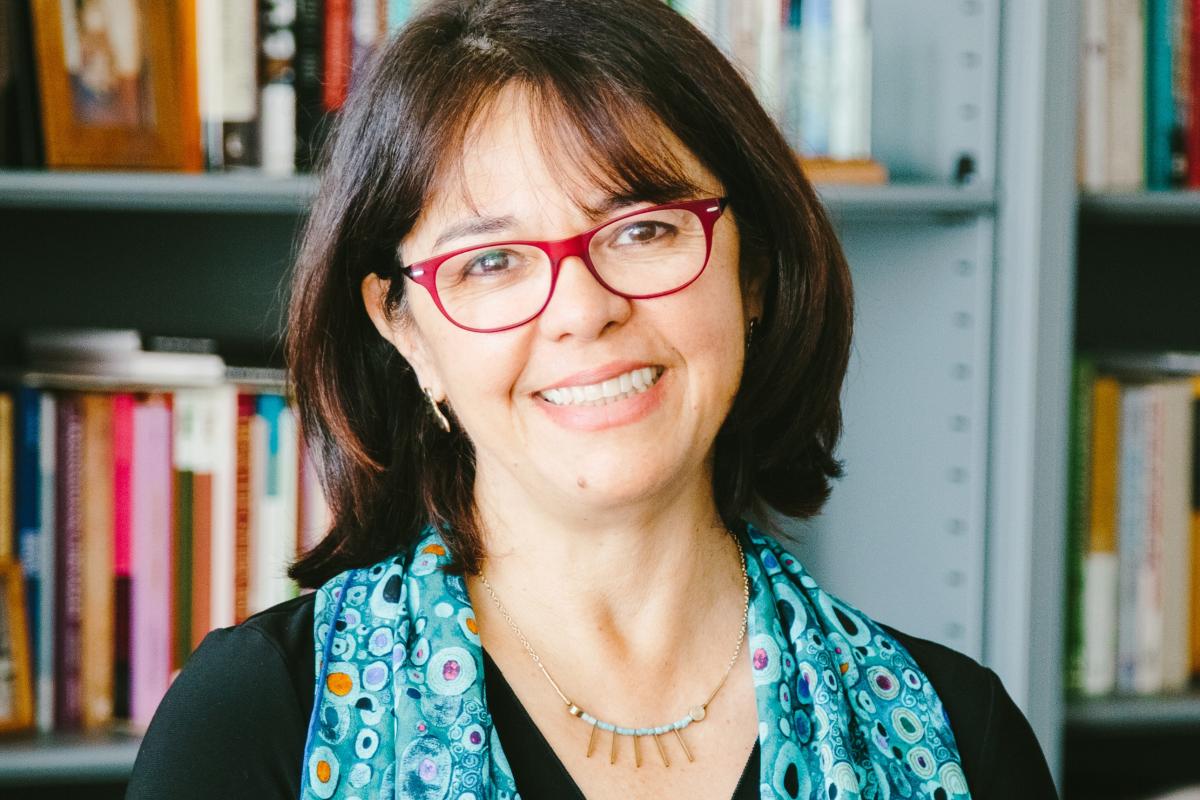
The states invisible hand in perpetuating inequalities: An Interview with Cecilia Menjívar
Interviewer: Can you explain the process of how the state contributes to creating and perpetuating inequalities? Particularly how these categories are created, normalized, and then misaligned?
Cecilia Menjívar: We tend to think of the state as an entity that acts primarily for the welfare of its people and therefore it can be counterintuitive to think that the state contributes to inequality. However, the state can often contribute to creating and maintaining inequalities. One primary method is through the creation of categories and classifications. Through regulations and requirements, state categories determine who is deserving of a particular good or benefit. By dividing populations into recipients and non-recipients of benefits, the state actively creates and perpetuates inequalities.
Interviewer: Can you provide a concrete example to illustrate this?
Cecilia Menjívar: Consider the categories the state creates for immigration benefits. In my research on migration, for example, acquiring lawful permanent resident status in the U.S. requires individuals to meet certain requirements based on idealized notions of what a deserving immigrant is. Not everyone can meet these, whether due to lack of family networks or insufficient resources. Women often face added challenges because their pathways to migration might be more tied to family rather than employment.
Interviewer: Why can this be particularly challenging for women?
Cecilia Menjívar: Women often migrate based on family connections rather than employment, even when they have the qualifications for employment-based visas. Consequently, they are at the mercy of typically male relatives to sponsor their migration. This dynamic can exacerbate inequalities in familial settings. Additionally, the stringent requirements for lawful permanent residency - from lots of paperwork and fees to medical certifications - actively filter out a significant portion of applicants.
Constructed categories
Interviewer: Could say a little more about how these categories are constructed, normalized, and in many cases misaligned?
Cecilia Menjívar: Immigrants might use the "undocumented" label on themselves to stigmatize and separate or even exploit fellow migrants. So over time, these state-created categories are normalized in daily interactions, empowering them further. In our own daily interactions, we normalize state categories; we often see ourselves through these formal categories, making them invisible precisely because they are so ubiquitous and have such significant influence on our lives. They dictate interactions with other people and across sectors, from education to healthcare, and guide state bureaucracies.
However, they don’t always reflect real-life experiences, leading to misalignments. An example is the state’s recognition of certain family relations for immigration purposes, while disregarding others, like uncles or grandmothers, that are very meaningful for the immigrants.
Interviewer: You've described this categorization as embedding a specific moral order. Could you explain?
Cecilia Menjívar: State-created categories aren't neutral; they're shaped by those in power and reflect ideologies about social class, gender, and race. They embody ideologies, values, and moral stances. People not aligning with the ideals embedded in these categories might find themselves excluded from benefits. For instance, the state might have a fixed notion of what a family should look like so certain family formations that don’t conform to this notion will be excluded.
Interviewer: You've mentioned “bureaucratic confusion” as an example for instance migrants might be faced with?
Cecilia Menjívar: That´s right. States are multifaceted entities with various agencies, each with different goals. Sometimes, these goals conflict, and this happens for immigrants and non-immigrants alike, for anyone who must have interactions with state agencies. For instance, one agency might require waiting for a permit, while another demands immediate employment proof. These contradictions create bureaucratic confusion for individuals trying to navigate the system. Another example is with migrant youth. One agency might aim to protect them as minors, while another focuses on enforcing immigration policies. This can trap individuals in seemingly absurd situations, often feeling Kafkaesque in nature.
Interviewer: In your work you have also touched upon how these categorization processes relate to geopolitical interests?
Cecilia Menjívar: Yes, geopolitical interests play a significant role in the creation of state categories for immigrants and in other scenarios as well. In the context of the United States, specific geopolitical interests have influenced the categorization of statuses for immigrants, especially those immigrants fleeing civil wars or political conflicts where the U.S. has been involved. A case in point is the Central Americans fleeing civil wars during the 1980s. Given the U.S.'s involvement in these conflicts, it couldn't accept people fleeing those conflicts as refugees as it would have contradicted its foreign policy in Central America.
The importance of Global South scholars
Interviewer: You also advocate for us to bring in more scholars from the global South. What are the key perspectives from these scholars that often get overlooked in the global North?
Cecilia Menjívar: A lot, actually. Sociologists and other social scientists from the global South have experienced conditions much earlier than we've started to in the global North. They've dealt with economic dislocations, political instability, erosion of rights, especially women's rights, among others. By referencing Latin America, which I'm familiar with, scholars there have lived through these issues, analyzed and written about them extensively. We in the global North can benefit from their insights and ways of viewing similar conditions.
These scholars have often engaged with the public and policy beyond just academia. For example, in Latin America, they've been publicly active for decades, offering a path or guidance to the recent trend towards public sociology in the U.S.
Interviewer: When you mention the experiences we're now living through in the global North, are you specifically referring to migration or broader conditions?
Cecilia Menjívar: I'm referring to broader conditions like the rise of authoritarianism, political instability, subversion of rights, and increasing inequalities. For instance, the challenges with women's rights in the U.S. is of grave concern. Latin America, having been a region with profound inequalities for a long time, especially regarding women and gender, can offer insights into how these conditions manifest and are responded to.
Interviewer: Concerning politics, where do you stand on the role of academics? Is it primarily to inform policy, or should they venture into more activist roles?
Cecilia Menjívar: There's a range of roles academics can take on. At the base level, we should inform the public about our research, making our findings relevant and accessible. Some may choose to advise policymakers using evidence-based research, while others may opt for a more public role, even running for office. The key is that these roles should be grounded in our research as social scientists. Whether it's a simple op-ed for a newspaper or a comprehensive report, the aim should be to inform the public and policymakers without the complications of academic jargon so that we can foster social change through our research.

